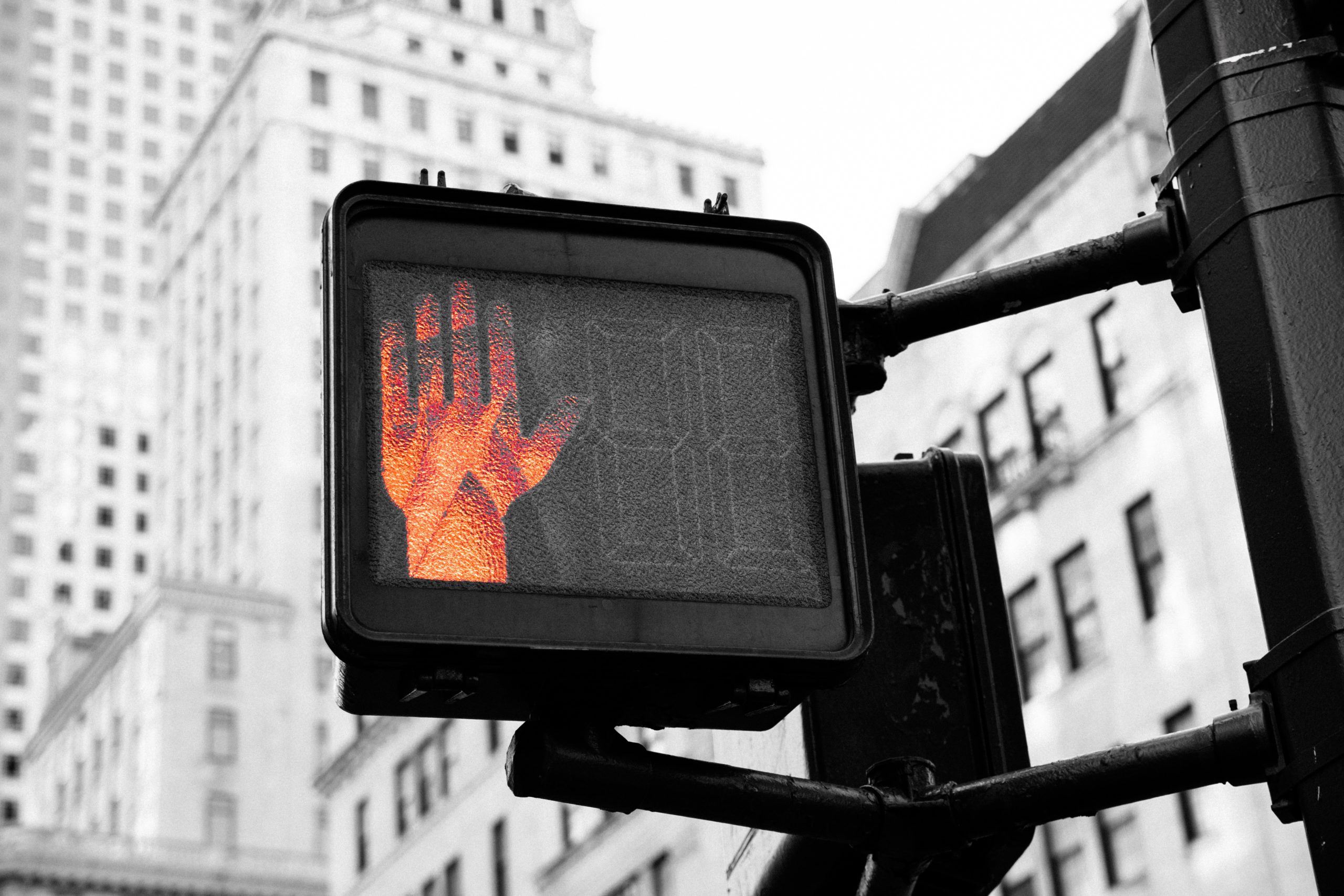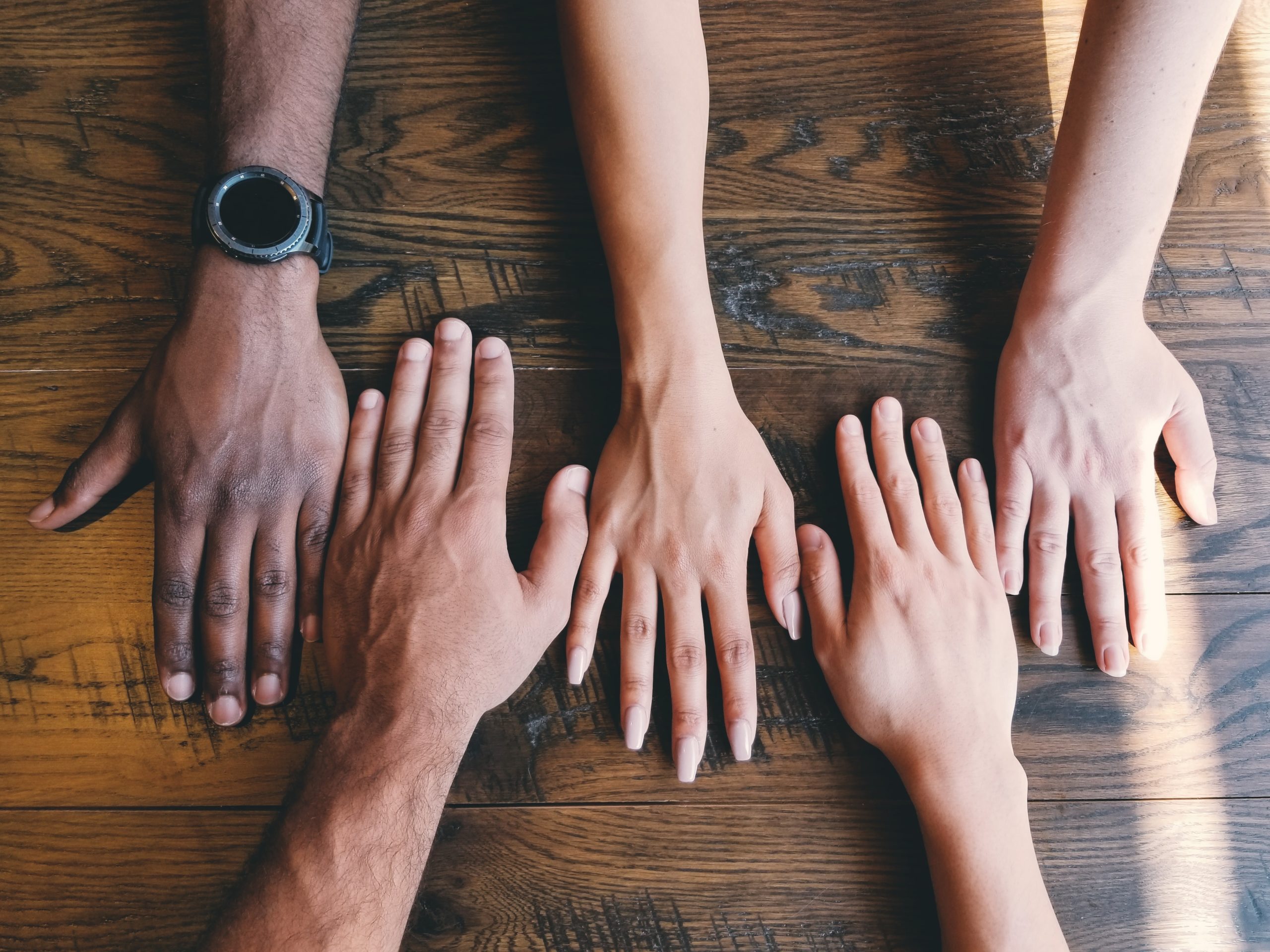
From allies to partners: how white people can be better listeners
I’ve heard and read several stories about what white people need to do right now. Many of those stories talked about the need for white people to listen. That is absolutely true, but there are two points that need to be added: how to listen, and what to do after whites listen. I must say that I have heard for years that white people will only listen to other white people and they need to have their own conversations. While I do believe that white people need to do more amongst each other to further the work to end racism, we must ask what would happen if people like Dr. King believed he couldn’t speak to white people? With that, I am going to share my thoughts on how white people need to listen and what to do after they do so.
Les Brown once said to me that we have two ears and one mouth and that we should use them in proportion. So the first step in listening is to truly commit to not responding to every point brought up by black people who are speaking up about racism. For example, when I conduct my trainings on black boys in our educational system, I’ve been told by white educators that the issue isn’t race, it’s class. It’s not race, it’s gender. It’s not race, it’s this or that. Are you someone who is quick to say you want to listen but then shoot down the arguments made by the person you claim to be listening to? There is a difference between listening to what you want to hear and what the person speaking has to and often needs to say.
So rather than listen to correct, listen to respect. Rather than listen to analyze, listen to empathize. Rather than listen to teach, listen to learn. After you listen, acknowledge the words shared with you and acknowledge what you didn’t know. You don’t lose anything by being honest. I’ve had multiple conversations with white people in the last few days who have said things like “I really didn’t understand until I saw that video of George Floyd being killed” or “I really thought we had turned a corner once Obama was elected” or “I don’t know what to do as a white person right now.” Many of us in the black community get frustrated by these comments but I have also heard these and similar comments from black people who also thought these days were behind us. We have to take people for what they know when they know it but then it’s time for action.

The next step after listening is not take the patronizing mentality of “I’ll be your ally.” There is a certain level of arrogance that has started to develop with this term “ally.” We don’t need allies. We need partners. Allies help out and go home. Partners work together for a common good. Allies go to the sporting venue to cheer on their team and go home after the win (or loss). Partners are on the court as a player on the team and fight together for a common cause, win or lose. Where do you fit in the stadium of effective listening?
Once you believe you have become an effective listener, it’s now time for action. Action takes many forms but the first form is educating yourself. What’s on your bookshelf? Who is on your podcast favorites? What documentaries are you watching? Reading lists such as these are great ways to get started. Dr. King said that the two most dangerous things in this world are sincere ignorance and conscientious stupidity. You don’t know what you don’t know. You have to get out and learn so that you can engage from an informed position. That way after you start to listen, you can simultaneously engage in the work needed to challenge racism, systemically and individually. Systemic work looks at ways you can challenge racism wherever it presents itself in society. Individual work looks at conversations you should be having with your neighbors, co-workers, and especially family members who espouse racist ideas.
I saw a sign during the protest that said “White silence equals police violence” and several spins on that. Whether you agree with that or not, it is indeed true that silence equals compliance. By not becoming an engaged listener, educating yourself, and speaking up when you witness ignorance or injustice, you are part of the problem. There is no middle ground. As you can see, this country is in an all-hands-on deck approach. Where do you stand? How will you stand? We are working with or without you but I believe that success is better together. Dr. King said that he would rather see a good sermon than hear one. The world is waiting to see your sermon. Let’s go!

- 4 Reasons to Stop Using the Word BIPOC…Like Now! - May 3, 2022
- 3 Reasons Antiracism Efforts Are Failing At Your Organization - April 12, 2022
- Should schools also speak separately to white students, parents, and staff? - April 6, 2022

